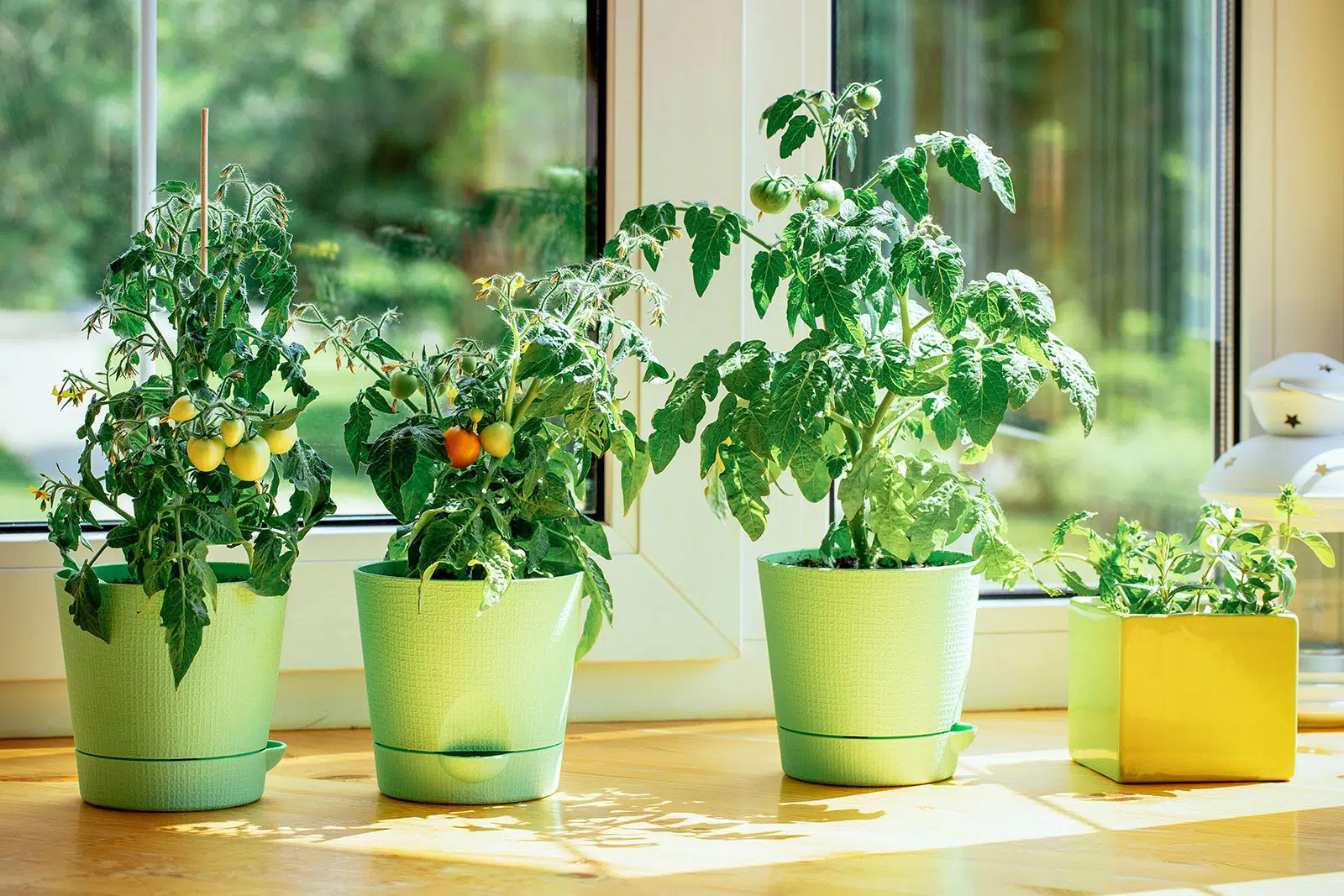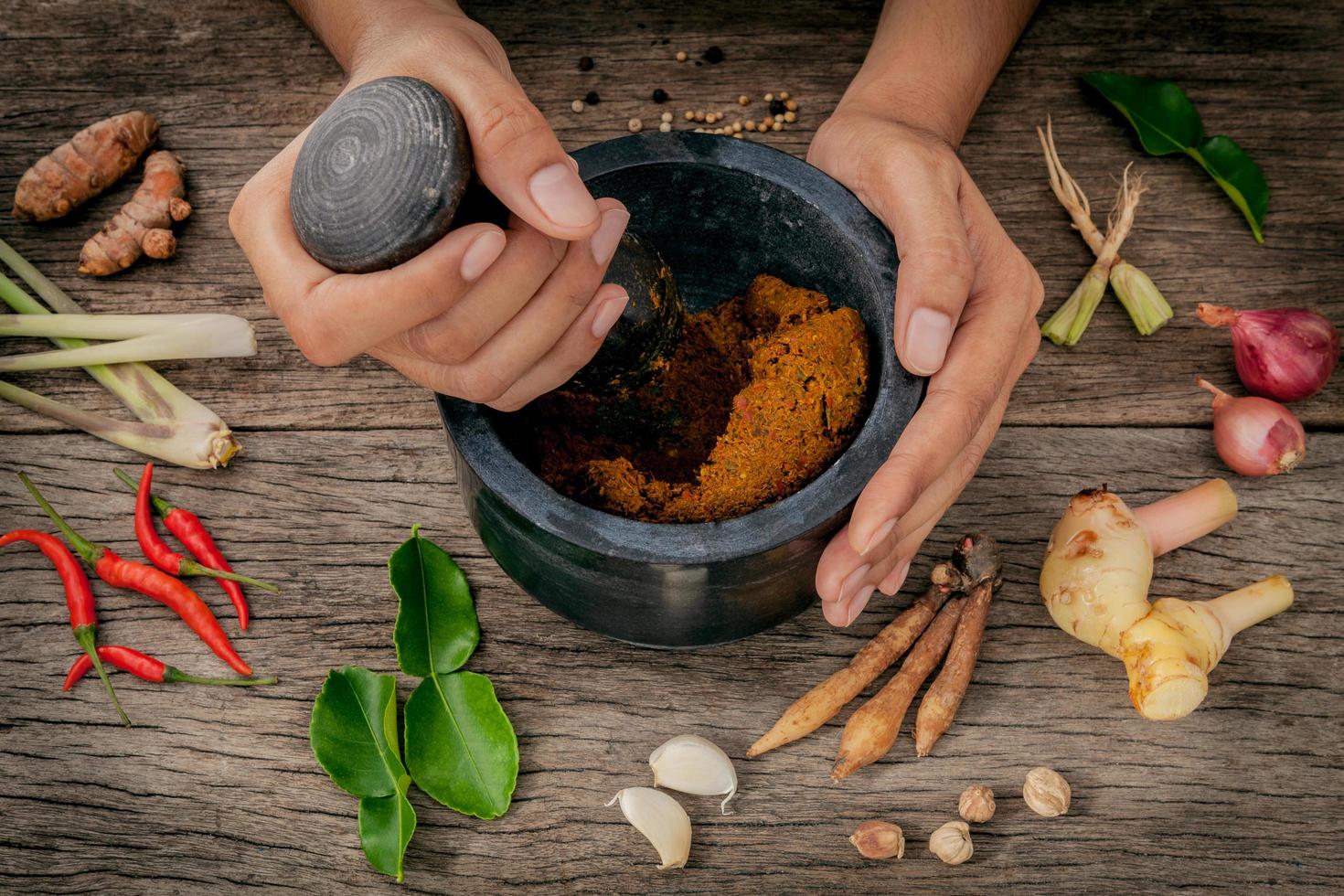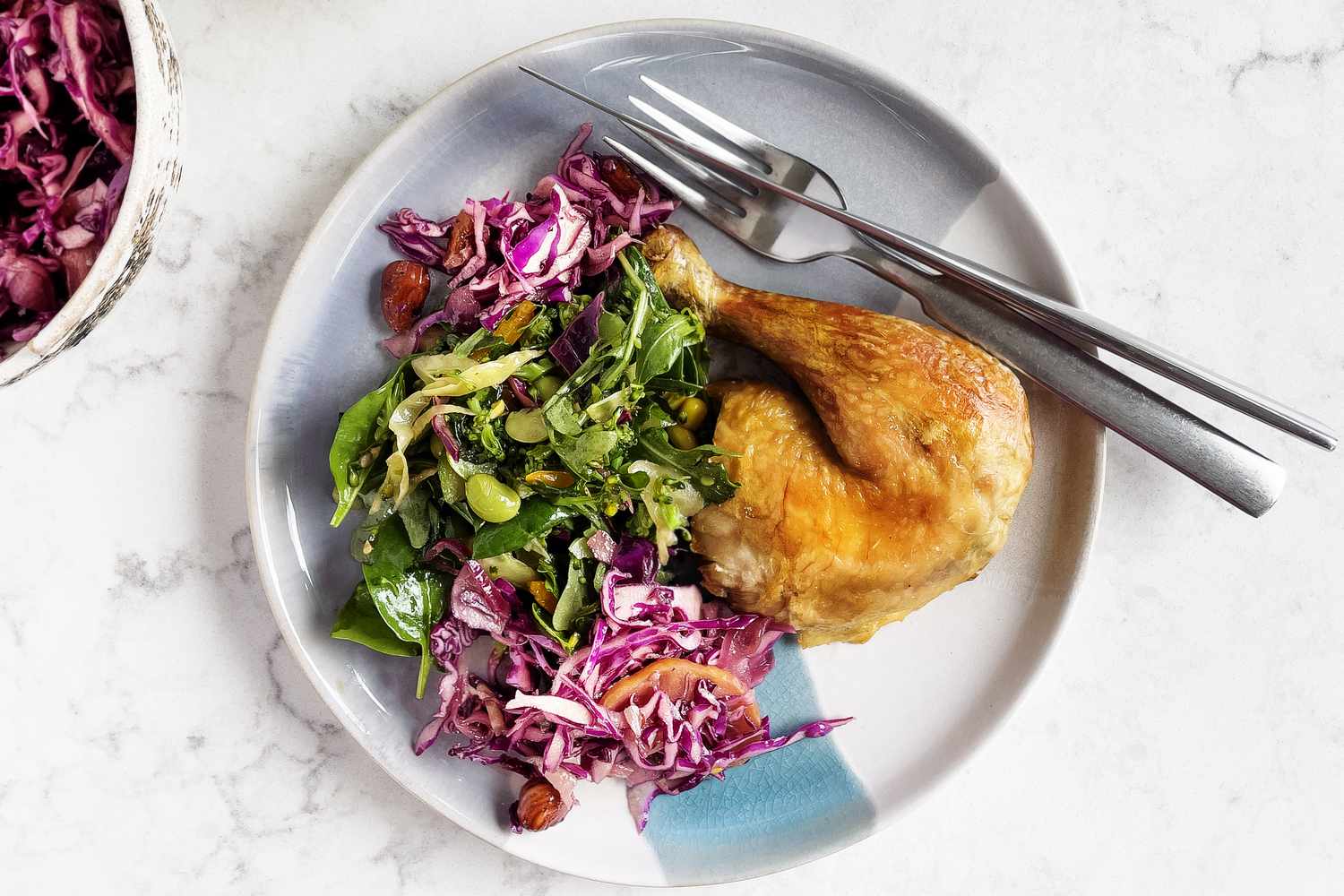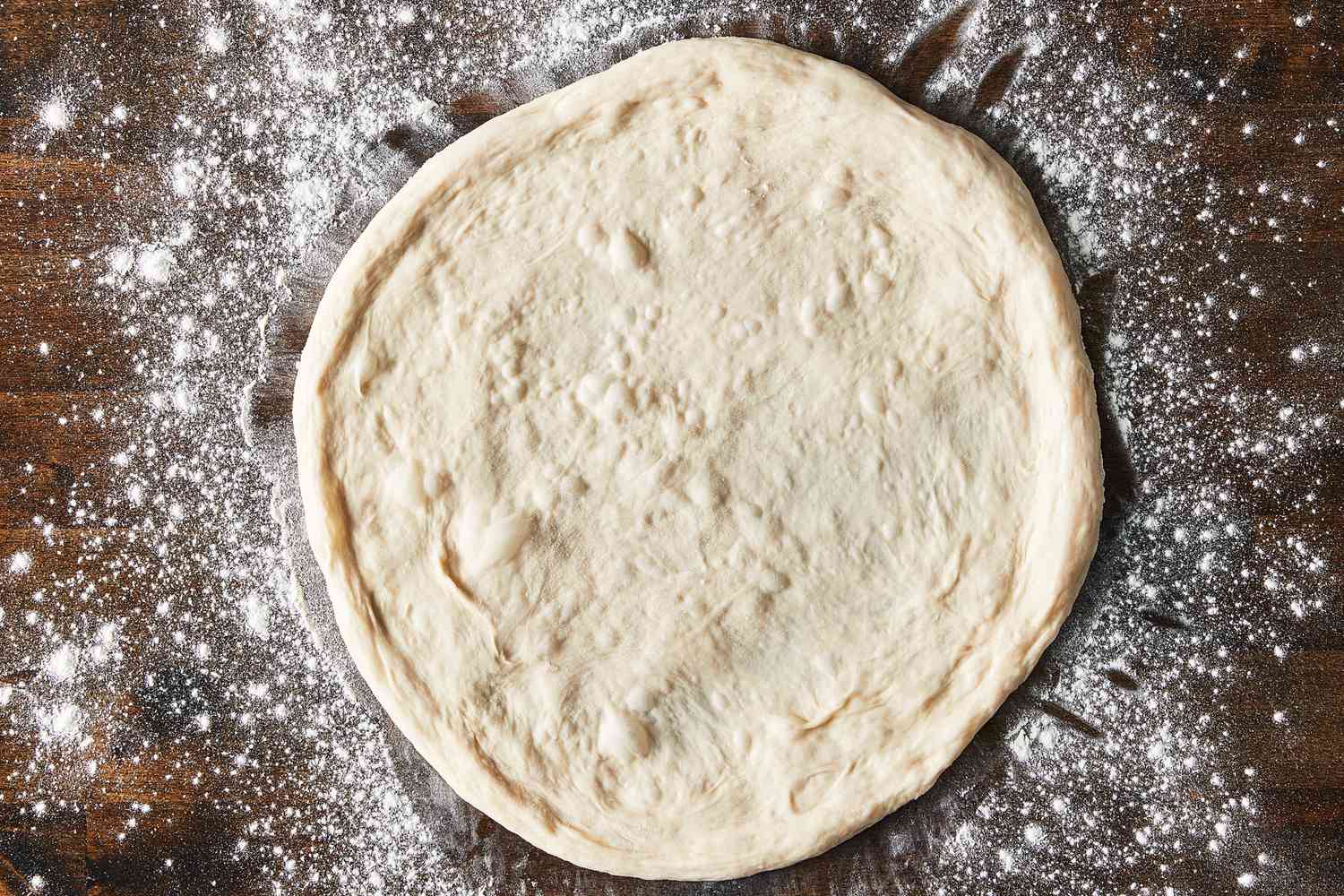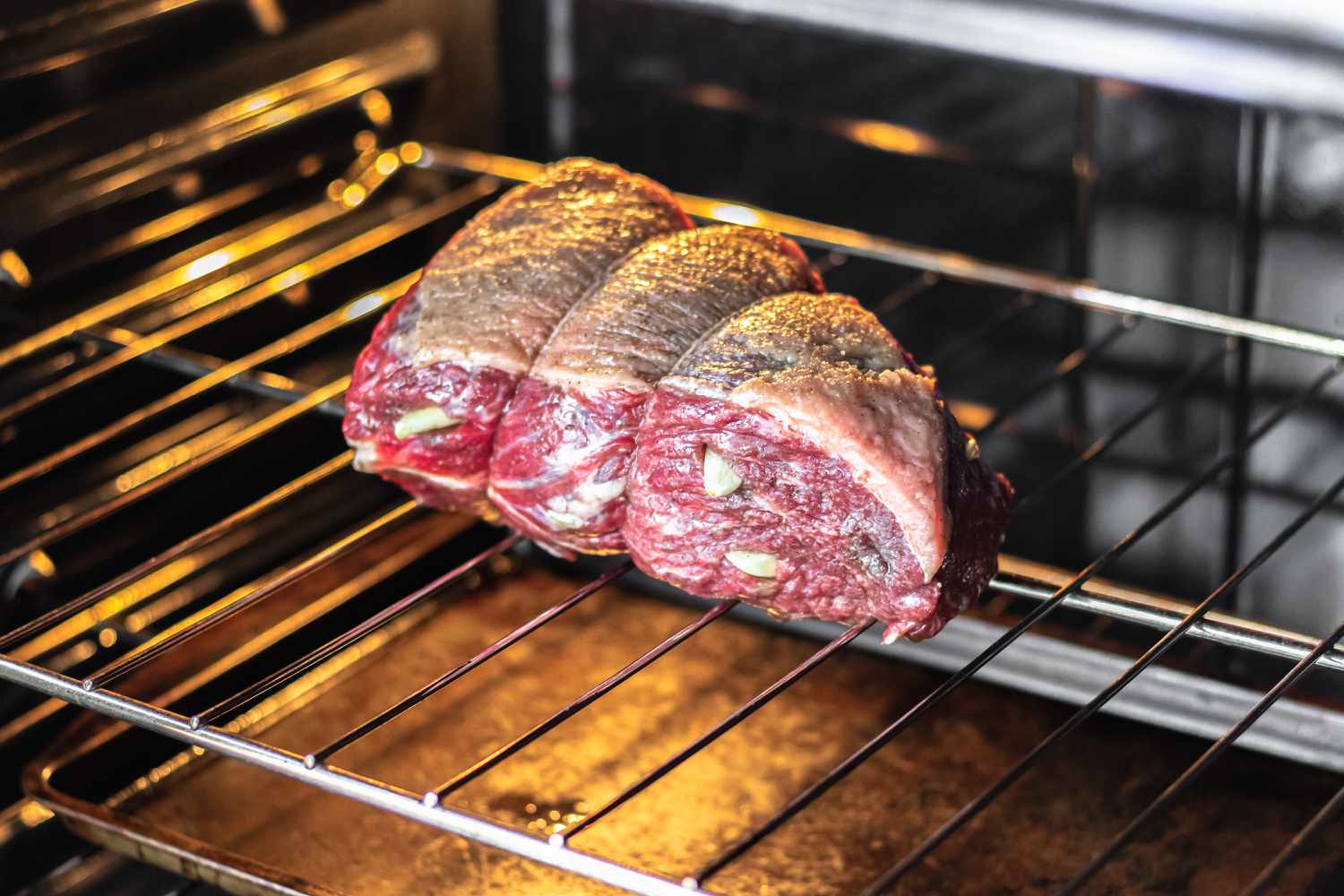Wine Tasting Terms to Know
When it comes to the world of wine, there is a rich vocabulary that can sometimes feel overwhelming to those who are just starting their journey. Don’t worry, we’ve got you covered! In this blog post, we will explore some of the essential wine tasting terms that every aspiring wine connoisseur should know. So, let’s uncork our knowledge and dive right in!
1. Tannins
Tannins are natural compounds found in grape skins, stems, and seeds that give wine its characteristic bitterness and astringency. They play a crucial role in wine aging and structure. When you talk about tannins in wine, think of the sensation of dryness that you feel on your tongue.
2. Acidity
Acidity refers to the bright and refreshing taste that wine offers. It adds a crispness and liveliness to the overall flavor profile. Think of biting into a tangy lemon or a juicy green apple. Acidity is what makes your mouth water and keeps you coming back for another sip.
3. Body
When we talk about the body of wine, we are referring to its weight and texture in the mouth. It can be described as light-bodied, medium-bodied, or full-bodied. Light-bodied wines are delicate and have a watery consistency, while full-bodied wines are rich, robust, and have a thicker mouthfeel.
4. Aroma vs. Bouquet
Many people use the terms “aroma” and “bouquet” interchangeably, but they actually have different meanings. Aroma refers to the scents that come directly from the grapes and is commonly associated with younger wines. On the other hand, bouquet refers to the complex aromas that develop as a wine ages, including notes like vanilla, oak, or earthiness.
5. Finish
The finish is the taste and sensations that linger in your mouth after you’ve swallowed or spat out the wine. A long finish is desirable and indicates a high-quality wine. Pay attention to the length, intensity, and complexity of the flavors that remain on your palate.
6. Terroir
Terroir is a French term that encapsulates the environmental factors that influence a wine’s character. It includes elements like soil composition, climate, altitude, and vineyard practices. Understanding the concept of terroir helps you appreciate how unique and nuanced each wine can be.
7. Balance
Balance refers to the harmony between the different components of a wine: fruitiness, acidity, tannins, and alcohol. A well-balanced wine has all these elements working together seamlessly, with no single aspect overpowering the others. Think of it as a symphony where each instrument plays its part to create a beautiful melody.
Armed with these essential wine tasting terms, you are now ready to embark on your wine journey with confidence. Remember, experiencing and discussing wine is all about embracing your own preferences and finding what brings you joy. So grab a glass, explore different wines, and savor the moment. Cheers to expanding your wine vocabulary!



